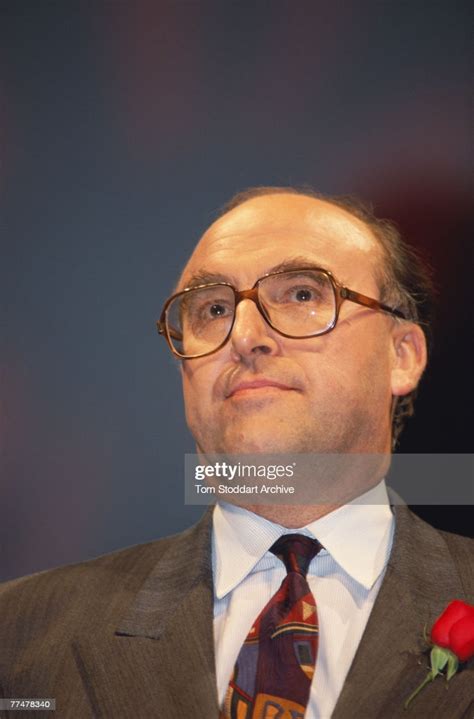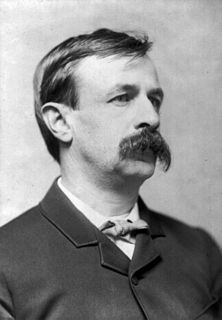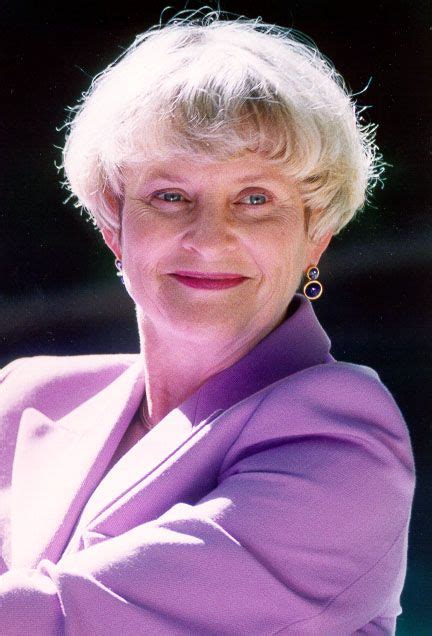A Quote by Vera Brittain
Most men, whether men or women, wish above all else to be comfortable, and thought is a pre-eminently uncomfortable process; it brings to the individual far more suffering than happiness in a semi-civilised world which still goes to war.
Related Quotes
If you just look at the number of roles for women versus the number of roles for men in any given film, there are always far more roles for men. That's always been true. When I went to college, I went to Julliard. At that time - and I don't know if this is still true - they always selected fewer women than men for the program, because there were so few roles for women in plays. That was sort of acknowledgment for me of the fact that writers write more roles for men than they do for women.
Men create their own gods and thus have some slight understanding that they are self-fabricated. Women are much more susceptible, because they are completely oppressed by men; they take men at their word and believe in the gods that men have made up. The situation of women, their culture, makes them kneel more often before the gods that have been created by men than men themselves do, who know what they've done. To this extent, women will be more fanatical, whether it is for fascism or for totalitarianism.
The most dangerous lovers women have are men of Cordis's feminine temperament. Such men, by the delicacy and sensitiveness of their own organizations, read women as easily and accurately as women read each other. They are alert to detect and interpret those smallest trifles in tone, expression, and bearing, which betray the real mood far more unmistakably than more obvious signs.
Men fear thought as they fear nothing else on earth - more than ruin, more even than death. Thought is subversive and revolutionary, destructive and terrible, thought is merciless to privilege, established institutions, and comfortable habits; thought is anarchic and lawless, indifferent to authority, careless of the well-tried wisdom of the ages. Thought looks into the pit of hell and is not afraid ... Thought is great and swift and free, the light of the world, and the chief glory of man.
Many women, particularly young women, have claimed the right to use the most explicit sex terms, including extremely vulgar ones, in public as well as private. But it is men, far more than women, who have been liberated by this change. For now that women use these terms, men no longer need to watch their own language in the presence of women. But is this a gain for women?
I have always felt that perhaps women have sometimes almost embraced the same values as men, and the same character as men, because they are in the men's world, and they are trying to fit into a system that men have created. And maybe in truth when there is a critical mass of women who play that role in governments, then we will see whether women can really manage power in a way that is less destructive than the way that men have used power.
Why do men learn through pain and suffering, and not through pleasure and happiness? Very simply, because pleasure and happiness accustom one to satisfaction with the things given in this world, whereas pain and suffering drive one to seek a more profound happiness beyond the limitations of this world.
You have only to play at Little Wars three or four times to realize just what a blundering thing Great War must be. Great War is at present, I am convinced, not only the most expensive game in the universe, but it is a game out of all proportion. Not only are the masses of men and material and suffering and inconvenience too monstrously big for reason, but-the available heads we have for it, are too small. That, I think, is the most pacific realization conceivable, and Little War brings you to it as nothing else but Great War can do.





































